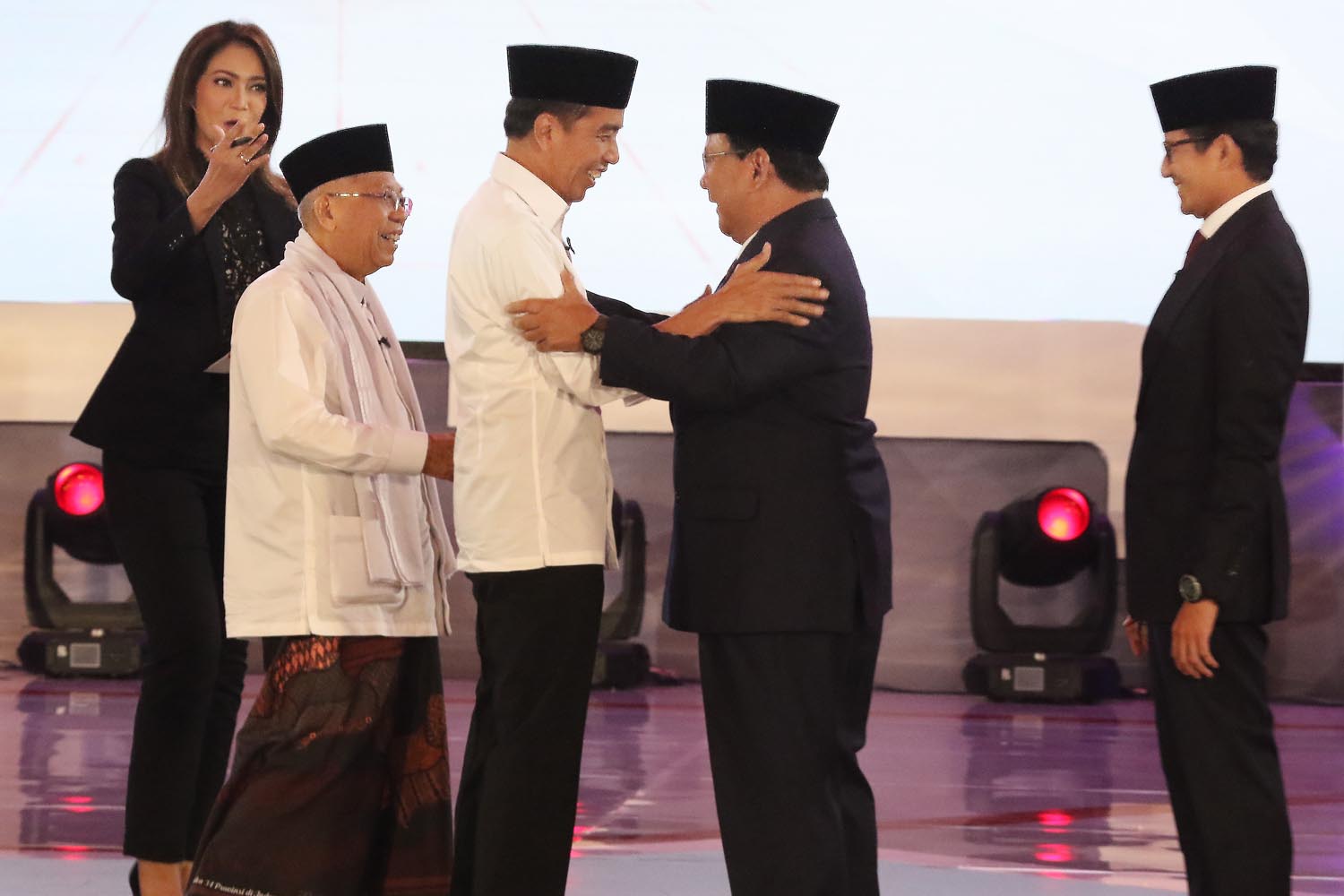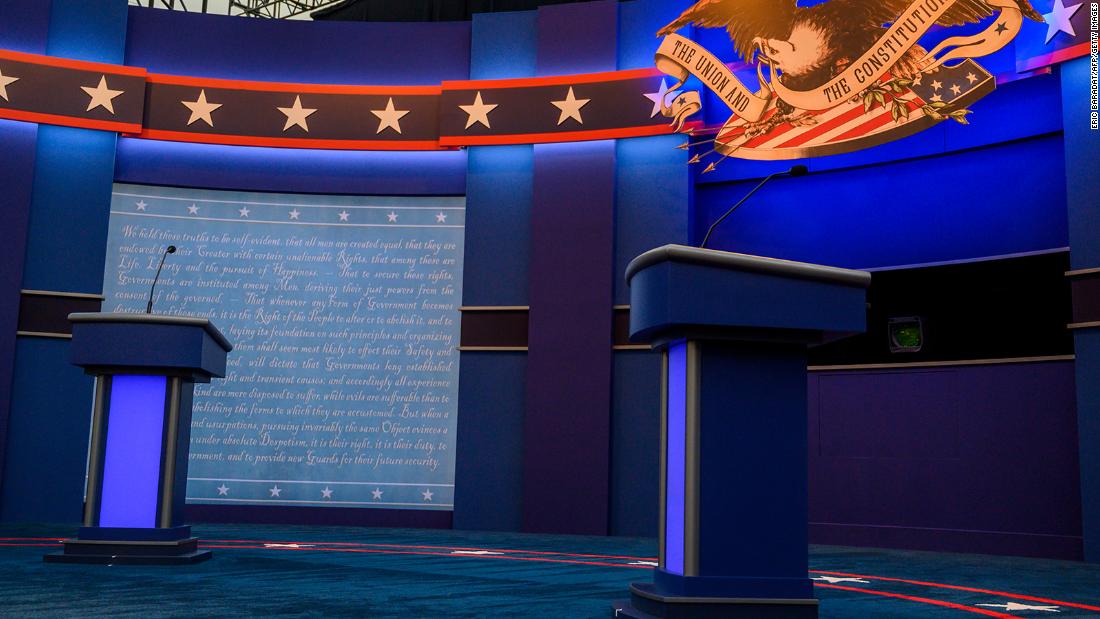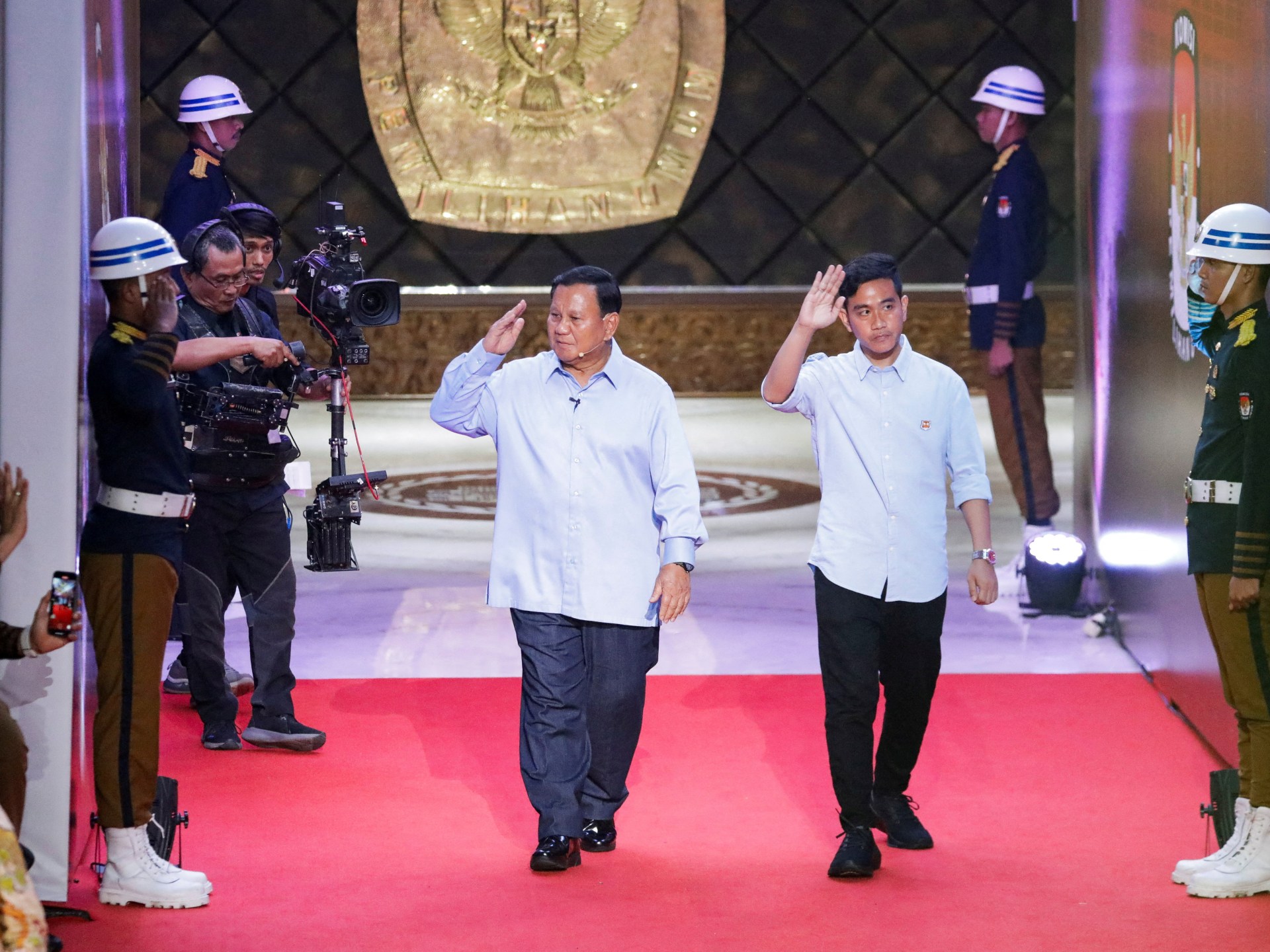The Debate’s Context

The September 10th debate holds significant weight in the broader political landscape. It served as a pivotal moment, shaping the trajectory of political discourse and public opinion. Understanding the historical context leading up to the debate is crucial to grasping its impact.
Historical Context
The debate emerged from a series of events that had been brewing for months. It was a culmination of growing tensions between the two major political parties, fueled by key issues that were polarizing the nation.
- Economic Concerns: The debate was largely driven by economic anxieties. The country was grappling with a recession, and many citizens were feeling the strain. Both parties offered different solutions, leading to heated discussions about government spending, taxation, and economic policies.
- Social Issues: Social issues, such as healthcare reform, immigration, and education, also played a significant role in the debate. These issues resonated deeply with voters, who were seeking clear stances and solutions from the candidates.
- Foreign Policy: The debate also touched upon foreign policy issues, particularly the ongoing war in a certain country. The candidates differed in their approaches to international relations and military intervention, sparking discussions about the role of the United States in the world.
Key Issues and Controversies
The September 10th debate was marked by several key issues and controversies that dominated the discussion.
- The Economy: The candidates debated extensively about the best approach to address the economic downturn. One candidate proposed a more interventionist approach, emphasizing government spending and job creation programs. The other candidate advocated for a more hands-off approach, emphasizing tax cuts and deregulation.
- Healthcare Reform: Healthcare reform was another major issue at the forefront of the debate. The candidates differed in their visions for healthcare, with one advocating for a single-payer system and the other proposing a market-based approach with subsidies.
- Immigration: Immigration policy was also a contentious issue. One candidate proposed a path to citizenship for undocumented immigrants, while the other advocated for stricter border security and a reduction in legal immigration.
Key Participants and Their Positions: Sept 10 Debate

The September 10th debate brought together prominent figures from various sectors, each presenting their unique perspectives on the complex issue at hand. These participants, representing diverse backgrounds and ideologies, engaged in a lively exchange of ideas, highlighting the multifaceted nature of the debate.
The Role of Technology in Modern Society
The debate explored the pervasive influence of technology on modern society, with participants offering contrasting views on its impact.
- Dr. Emily Carter, a renowned computer scientist and advocate for responsible AI, argued that technology, particularly artificial intelligence, has the potential to revolutionize various sectors, from healthcare to education. She emphasized the importance of ethical considerations in the development and deployment of AI, advocating for transparency and accountability to mitigate potential risks. Dr. Carter stressed the need for a collaborative approach, involving policymakers, researchers, and industry leaders, to ensure that AI benefits humanity while safeguarding against its misuse.
- Mr. David Thompson, a prominent tech entrepreneur and CEO of a leading software company, presented a more optimistic view. He argued that technology, including AI, is a powerful tool for progress, driving innovation, economic growth, and societal advancement. Mr. Thompson emphasized the transformative potential of technology to solve complex problems, improve efficiency, and enhance human capabilities. He highlighted the importance of embracing technological advancements and fostering an environment that encourages innovation and entrepreneurship.
- Ms. Sarah Jones, a social activist and advocate for digital rights, expressed concerns about the potential negative consequences of unchecked technological advancement. She argued that technology can exacerbate existing inequalities, create new forms of discrimination, and erode privacy. Ms. Jones emphasized the need for robust regulations, ethical guidelines, and public awareness to ensure that technology serves the interests of all members of society. She advocated for greater transparency and accountability from tech companies, urging them to prioritize human values and social responsibility.
Impact and Aftermath

The September 10 debate had a significant impact on public discourse and policy decisions, both in the immediate aftermath and in the long term. It sparked heated discussions and controversies, influencing public opinion and shaping the political landscape.
Public Opinion and Policy Decisions, Sept 10 debate
The debate generated widespread public interest and divided opinions.
- Supporters of the proposed policy argued that it was necessary to address a pressing issue and that it would lead to positive outcomes. They pointed to the potential benefits and emphasized the importance of taking action.
- Opponents argued that the policy was flawed, unnecessary, or even harmful. They raised concerns about potential negative consequences and emphasized the need for alternative solutions.
The debate also influenced policy decisions, leading to the adoption or rejection of specific measures.
- In some cases, the debate led to the implementation of policies that reflected the arguments of the proponents.
- In other cases, the debate resulted in the rejection or modification of proposals, reflecting the concerns raised by the opponents.
Lasting Legacies and Changes
The September 10 debate left a lasting impact on the political landscape and public discourse.
- It contributed to the emergence of new political movements and the re-alignment of existing ones.
- It raised awareness of specific issues and led to increased public scrutiny of government policies.
- It also shaped the public’s perception of certain political figures and institutions.
The debate’s legacy continues to influence public discourse and policy decisions today. It serves as a reminder of the importance of engaging in critical dialogue and debate on important issues.
The Sept 10 debate was lit, man! We were all buzzing about the potential for a ground stop at NYC airports, like what’s happening with ground stop nyc airports. Imagine the chaos! But hey, the debate brought up some serious points about safety and efficiency, so it was definitely a good thing.
The Sept 10 debate was heated, man! Everyone was arguing about the best way to move forward, but no one seemed to agree. It’s like, we’re all in this together, right? But figuring out how to deal with this whole COVID-19 thing, you know, the impact it’s had on everything, is a real challenge.
Check out this article about who covid 19 is and how it’s affected us all. Maybe after reading it, we can all come to some kind of understanding about how to move forward, you know? We need to find some common ground, bro!
